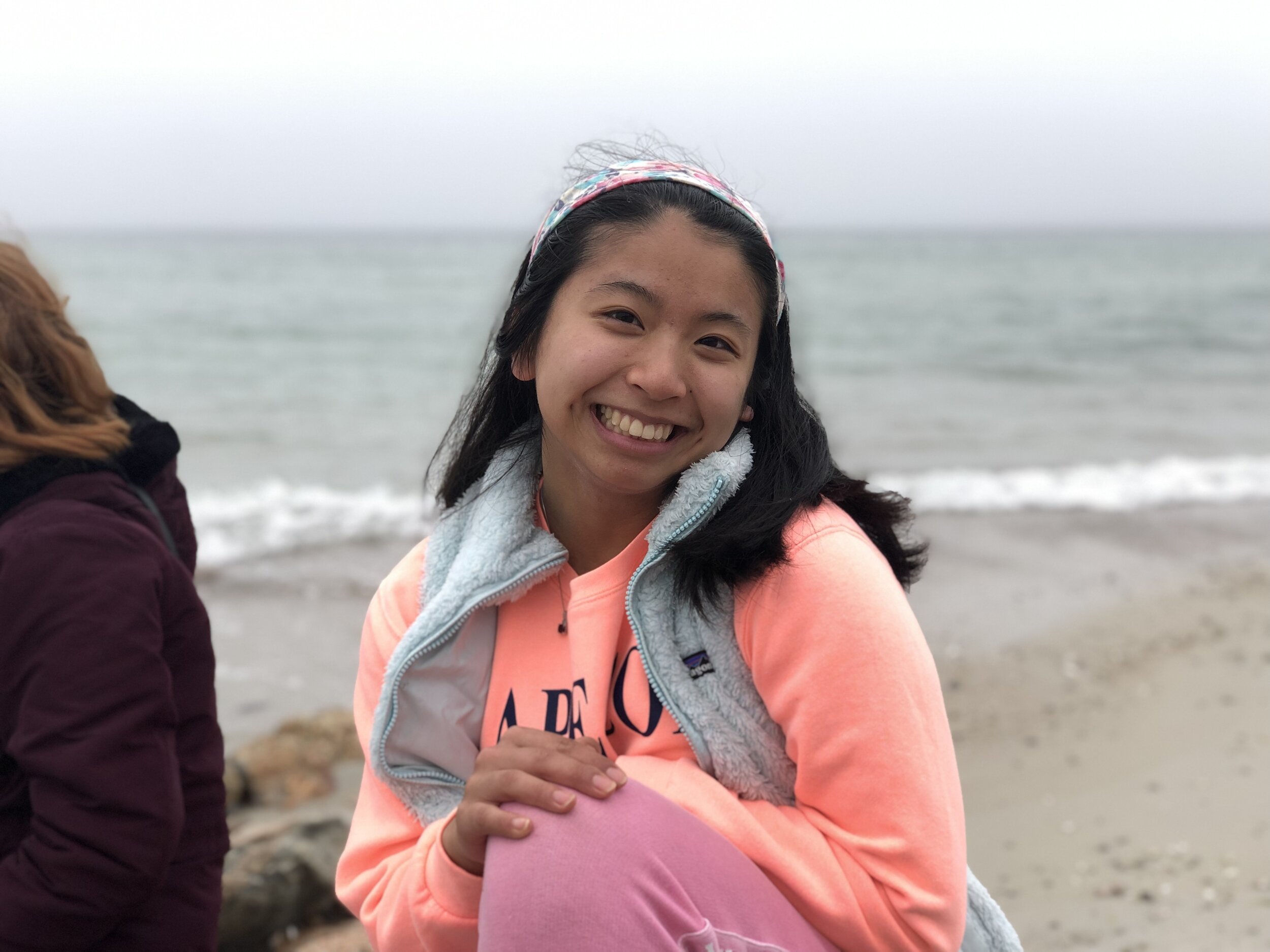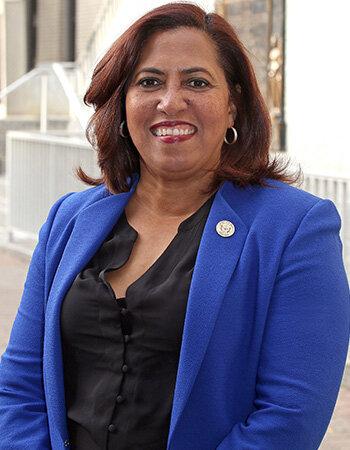Harris is sworn in as vice president as her husband holds the Bible. Harris was sworn in by Supreme Court Justice Sonia Sotomayor. She wore the color purple as a nod to Shirley Chisholm, the first African-American woman to run for president. Andrew Harnik/Pool/AP.
BY: JACQUELINE QIU, WINTER 2021 COLLABORATOR AT POWER IN PLACE
On January 20, 2021, Kamala Devi Harris became the first female vice president in the history of the United States. She is the highest ranking female elected official in our nation’s history, after a successful career as the Attorney General of the state of California (2011-2017) and the junior senator for California before her current tenure as Vice President of the United States. Not only has Vice President Harris shattered various glass ceilings that have limited the socio-political potential of women, she exemplifies the achievement of the conjoint ends of gender and racial equality. Growing up with both African American and Asian American ancestry, as her mother is from India and her father hails from British Jamaica, she is the first African American and (South) Asian American vice president. Vice President Harris inspires the future of women in politics, such as women like me, as well as younger generations of females that wish to see a future where they may hold public office, without any obstacles that block their path.
““While I may be the first woman in this office, I will not be the last.” -Vice Presidential Acceptance Speech, November 7, 2020, ”
With her dual cultural heritages, our current vice president epitomizes diversity, representation, intersectionality, and equity. She is a woman of color who has successfully persevered through societal institutions, which may not be as evident as the clear disenfranchisement of women that the suffragists combatted, that have functioned to place unequal expectations on her role in society. Harris has assumed this landmark position as vice president, despite her intersectional identity as both a woman and person of color, which has yielded various types of exclusion and oppression in society. Her identity as a woman of color has functioned in a manner that challenges societal institutions, such as the white, patriarchal nature of public office in the United States. Instead of permitting the intersectionality of her racial and gender identity to limit her efforts towards serving the American people and upholding democracy, she has successfully embraced her conjoint identity to empower herself and all of the identities that she represents. Her presence, her identity, and her words have powerful effects that are needed to assert the future for women in politics, in addition to racial equity.
Vice President Kamala Harris walks with her family to the White House. Maddie McGarvey for CNN.
It is important to recognize the historic day of January 20, 2020 since the trajectory of women in politics, in terms of their public representation, has changed for the better. Now, we hope that women in politics may become the norm, instead of the outlier. Little girls, with skin in every color, can see a role model in Harris; they can grow up knowing their identity matters, from their gender to their race, without hesitation. They now live in a reality where it is possible to grow up and become like Vice President Harris. Additionally, women, especially women of color, are assured that shattering patriarchal institutions in politics is possible, and not just a hopeful aspiration. For example, for me, as a woman of color, I now see that all facets of my identity can be represented in the highest public offices of the land. ice president. Vice President Kamala Harris is not only a role model for females, of all ages, of all backgrounds, but a reflection of what America can be. While our country must heal from the present inequalities that plague us in the present day, it is imperative that we celebrate the presence of Kamala Harris in the office of Vice President of the United States. The historic day Harris’ inauguration, on the 20th of January in 2021, is just the beginning for women in politics.
Jacqueline Qiu is a junior at Middlebury College, double majoring in French and Political Science. She is passionate about humanitarianism, women in politics, mental health awareness and advocacy, and French language and literature. On campus, she is the Co-President of the French club and Active Minds Middlebury

















